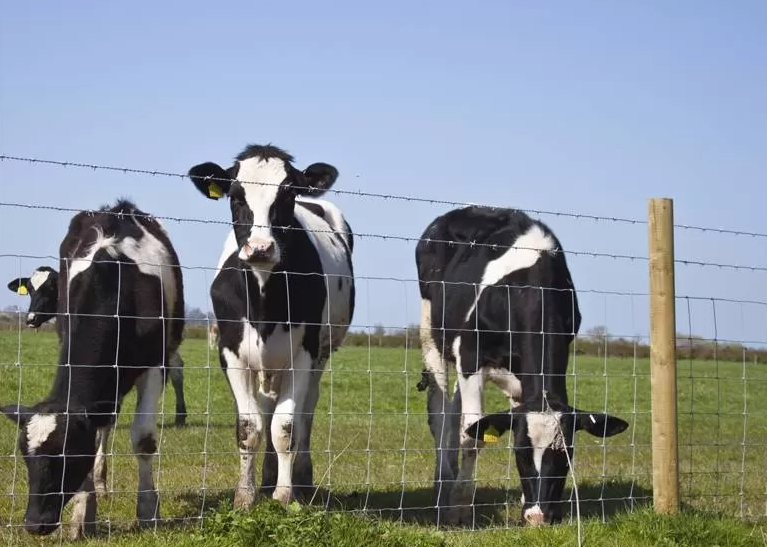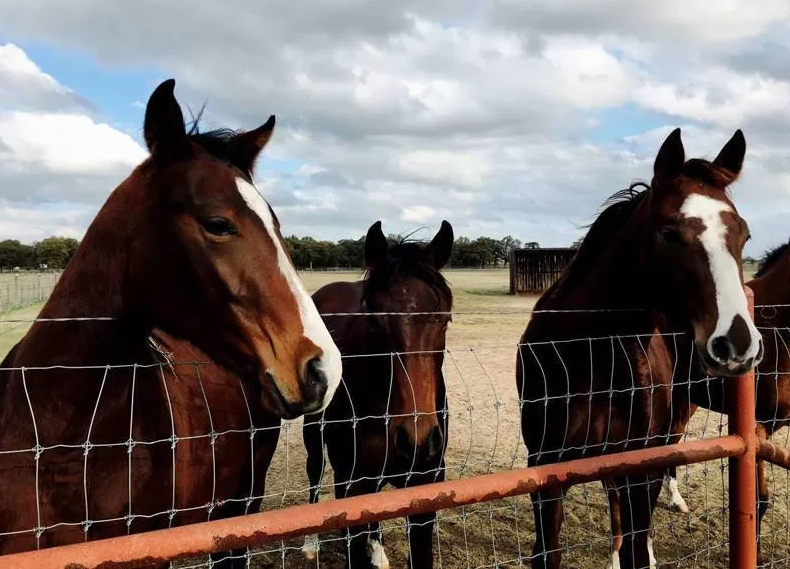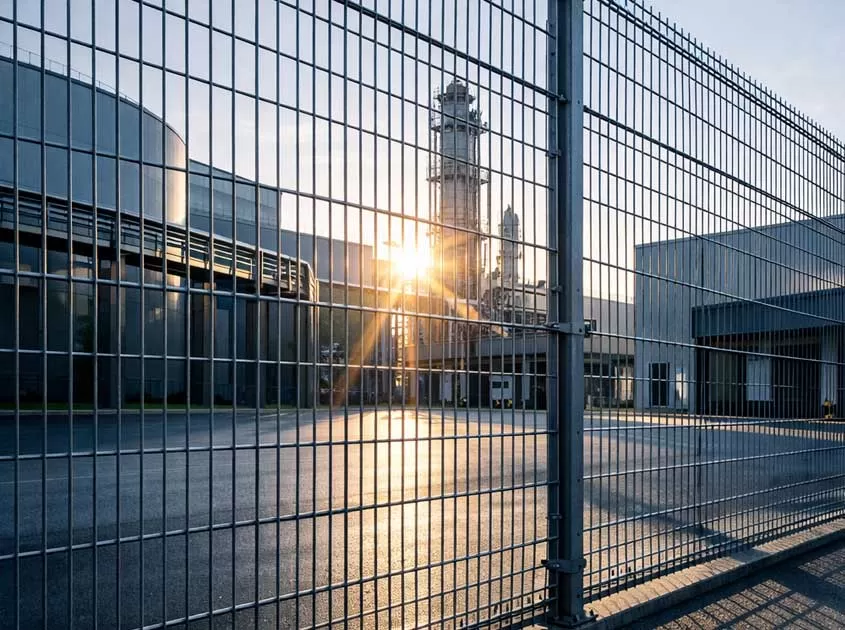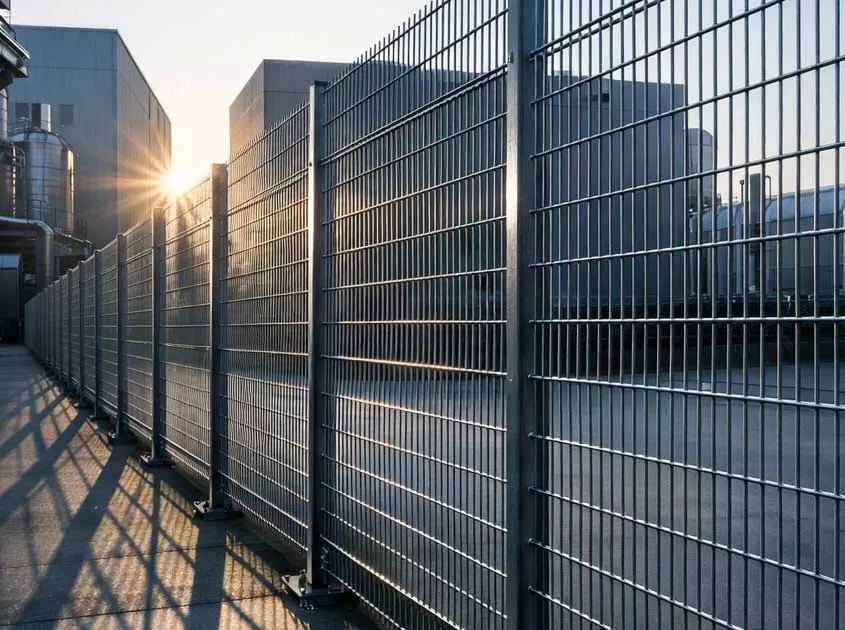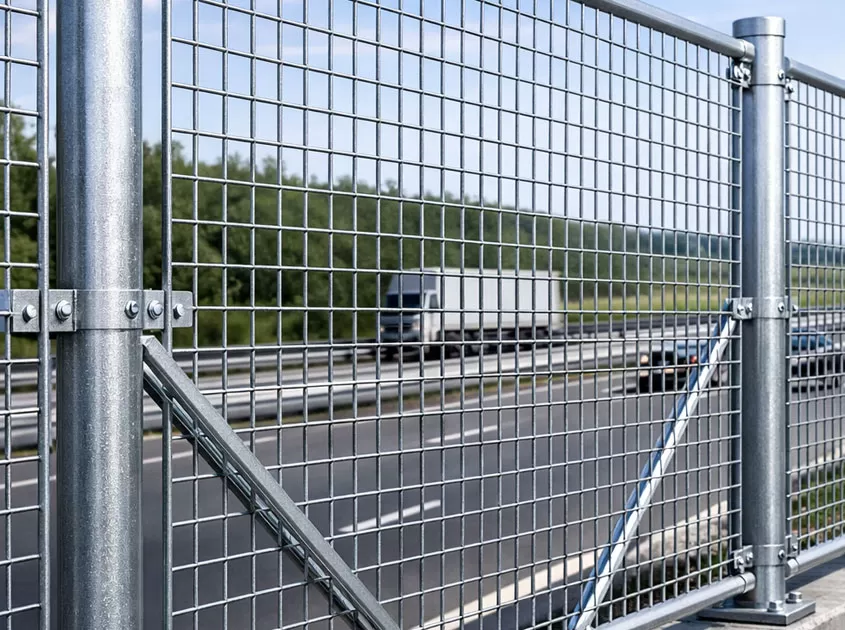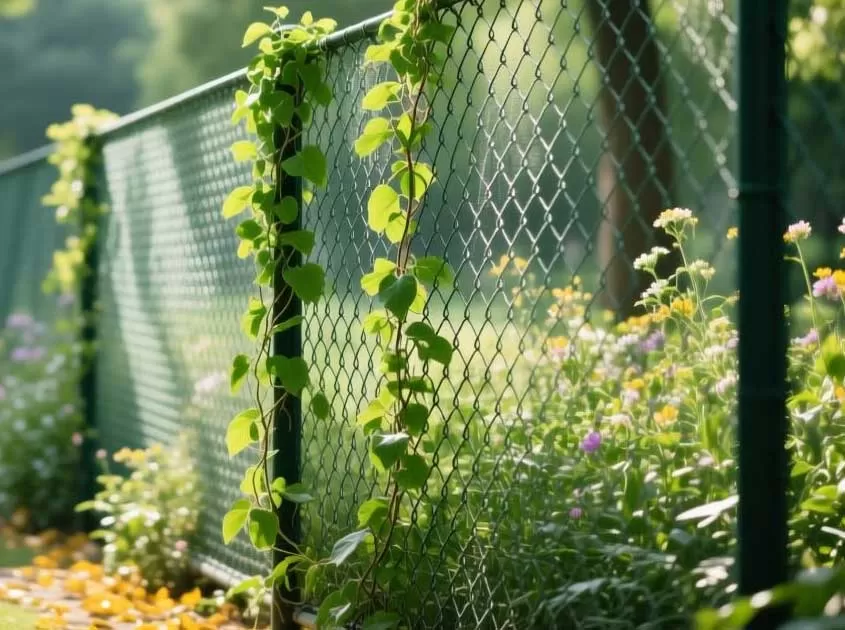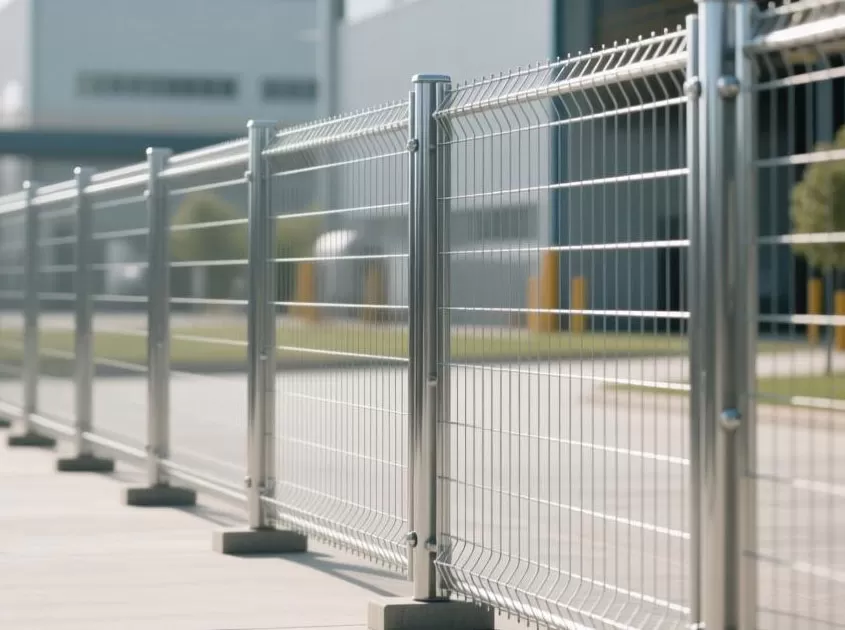Farm Fencing Buying Guide
Choosing the right farm fencing is essential for maintaining security, managing livestock, and ensuring the productivity of your farm. This guide will help you understand the different types of farm fencing available and how to select the best one for your needs.
Types of Farm Fencing
There are various types of farm fencing, each suited for different purposes. The most common types include:
1. Woven Wire Fencing
Woven wire fencing is popular for containing livestock such as sheep, goats, and cattle. It consists of horizontal and vertical wires woven together to create a strong barrier. This type of fencing is durable and provides excellent security.
2. Electric Fencing
Electric fencing is an effective option for temporary or permanent installations. It delivers a mild shock to animals that come into contact with it, encouraging them to stay within the boundaries. Electric fences are versatile and relatively easy to install.
3. High-Tensile Fencing
High-tensile fencing uses high-strength wire that can withstand significant pressure. It is ideal for large areas and can be electrified for added security. This type of fencing requires fewer posts and is cost-effective for large farms.
4. Barbed Wire Fencing
Barbed wire fencing is commonly used for cattle and horses. It consists of twisted wires with sharp barbs that deter animals from crossing. While it is effective, it can cause injuries, so it's essential to use it responsibly.
5. Wooden Fencing
Wooden fencing provides a traditional look and is often used for horse paddocks and decorative purposes. It is sturdy and visually appealing but requires regular maintenance to prevent rot and damage.
Factors to Consider When Buying Farm Fencing
When selecting farm fencing, consider the following factors:
1. Purpose
Determine the primary purpose of the fencing. Are you containing livestock, marking property boundaries, or protecting crops? The purpose will dictate the type of fencing you need.
2. Animal Type
Different animals require different fencing solutions. For instance, goats are known for their escape artistry, so a sturdy woven wire fence might be best. Horses, on the other hand, benefit from smooth, visible fencing to prevent injury.
3. Durability
Consider the longevity and maintenance requirements of the fencing material. High-tensile and woven wire fences offer durability, while wooden fences may need more upkeep.
4. Budget
Budget is a significant factor in your decision. While high-tensile fencing might have a higher initial cost, its longevity and low maintenance can make it a cost-effective option in the long run.
5. Installation
Some fencing types are easier to install than others. Electric and high-tensile fences are relatively straightforward, whereas wooden fencing might require professional installation.
Fencing Materials
Wire
Wire is covered with zinc, commonly called galvanizing, to protect it from rusting. The length of time before wire begins to rust depends on the weather but also on the thickness of the zinc coating. More zinc means more years of service before rusting starts. Class 1 has the lightest coating of zinc and Class 3 has the heaviest (two to three times as much, depending on the wire size). The expected life of a fence depends on many factors, but Class 3 galvanizing can easily add 5 to 10 years of life to fence wire in a humid climate like Georgia's.
Common Questions About Farm Fencing
1. How high should farm fencing be?
The height of farm fencing depends on the type of livestock. For example, fences for sheep and goats should be at least 4 feet high, while fences for cattle should be around 5 feet high.
2. How often should I maintain my farm fence?
Regular inspections are crucial to ensure the integrity of your fence. Wooden fences may need annual maintenance, while high-tensile and electric fences require periodic checks for tension and electrical functionality.
3. Can I install farm fencing myself?
Many types of farm fencing can be installed by farmers with basic tools and knowledge. However, complex installations or large areas may benefit from professional help to ensure proper setup and longevity.
4. What is the best fencing for a mixed-animal farm?
For mixed-animal farms, a combination of woven wire and electric fencing often works well. This setup provides security for various types of livestock while allowing flexibility in management.
Selecting the right farm fencing is crucial for effective farm management. By considering your specific needs and the characteristics of different fencing types, you can make an informed decision that ensures the safety and productivity of your farm. To see all of our farm fencing options online, click here.
-
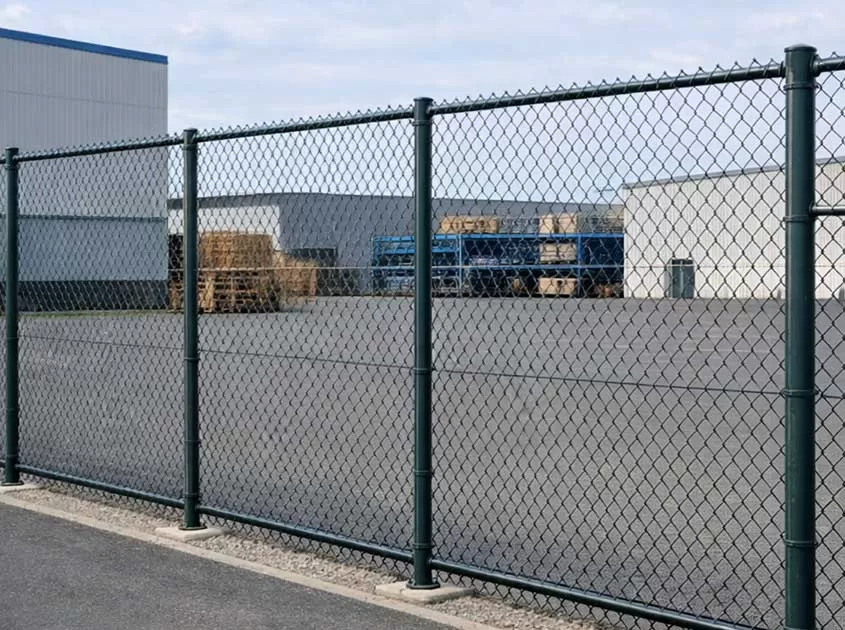 Best Chain Link Fence for Security Applications Feb 10, 2026
Best Chain Link Fence for Security Applications Feb 10, 2026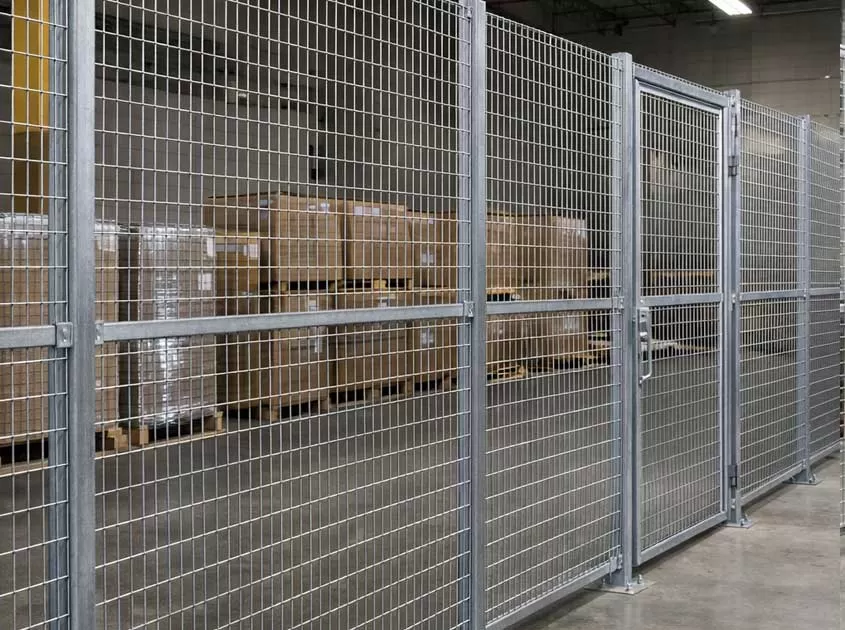 Best Welded Wire Mesh for South American Markets Feb 03, 2026
Best Welded Wire Mesh for South American Markets Feb 03, 2026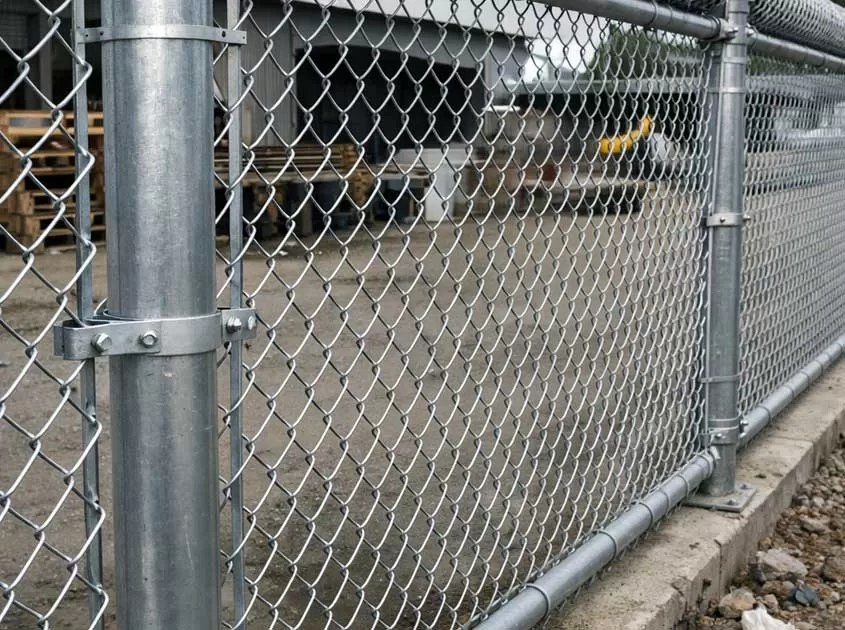 Why Galvanized Wire Mesh Is Popular in South America Jan 26, 2026
Why Galvanized Wire Mesh Is Popular in South America Jan 26, 2026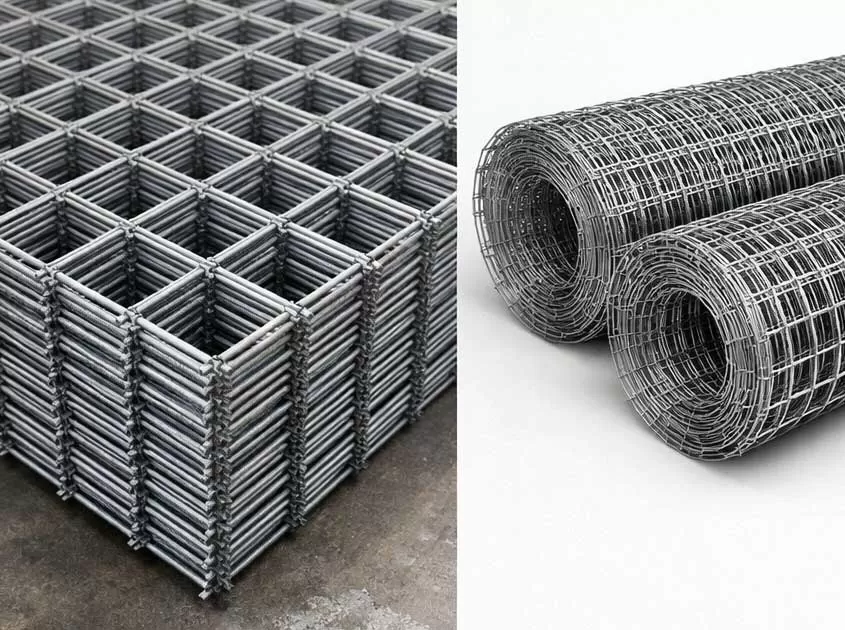 How to Check the Quality of Welded Wire Mesh Jan 16, 2026
How to Check the Quality of Welded Wire Mesh Jan 16, 2026

- Tel.: +86 311 83077076
- E-mail: sales@qunkunmetal.com
- Skype: qunkunsales01
- WhatsApp: 8618032412189
- Add.: No.69 The Filter Industrial Part of Anping, Hebei, China




